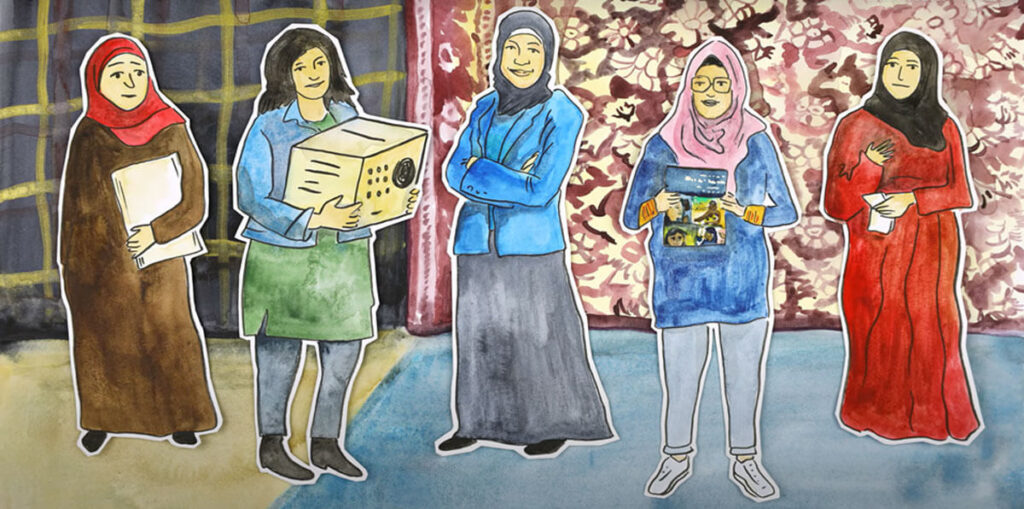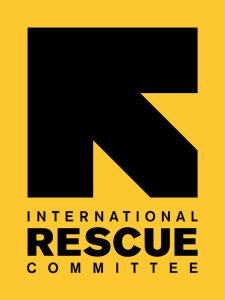
GBV RESPONDERS NETWORK
Resources for addressing gender-based violence against women and girls in humanitarian settings.
The IRC is dedicated to fostering a transformative and inclusive global women’s movement by working in partnership with regional feminist networks, national women’s rights organizations, local and community-based groups, and activists. We believe it is critical to strengthen and support outreach to and meaningful engagement of actors in the global south throughout programming as reinforced by the CALL TO ACTION ON PROTECTION FROM GBV IN EMERGENCIES, localization commitments made as part of the GRAND BARGAIN, and the 2030 AGENDA FOR SUSTAINABLE DEVELOPMENT. We aim to help translate these high-level commitments into concrete results for women and girls and the organizations that support them.
Learn more about our women’s movement building work below by reading about the following initiatives:
The Building Local, Thinking Global (BLTG) initiative aims to promote women’s transformative leadership in GBV emergency preparedness and response. The initiative fosters a powerful coalition that brings together feminist, women’s rights organizations, activists, academics, community-based organizations, non-governmental organizations, and regional civil society networks from across Asia, East Africa and the Middle East. It is led by AKINA MAMA WA AFRIKA (AMwA), GBV PREVENTION NETWORK, GENDER EQUALITY NETWORK (GEN), WOMEN’S INTERNATIONAL PEACE CENTRE (WIPC), INTERNATIONAL RESCUE COMMITTEE (IRC), EL-KARAMA, and STRATEGIC INITIATIVE FOR WOMEN IN THE HORN OF AFRICA (SIHA).
Our goal is to harness our collective strength, access, and power within the humanitarian community to ensure women and girls are protected from GBV in emergencies. The coalition aims to realize this vision through four change goals:
Our collective approach is grounded in the following principles:
The coalition defines transformative leadership as a social change strategy that provides an enabling environment for individual leadership development – equipping women to influence others, to bring about change, and to facilitate the empowerment of others. It includes leadership in personal, community, and systems levels, and in formal and formal spaces. Our collective efforts and investment in the short and long term are fundamentally concerned with shifting patriarchal power and inequality in humanitarian system. Our approach:
Learning Brief: Opportunities for Feminist Partnerships presents a summary of reflections by BLTG Coalition members and documents successes and opportunities for Feminist Partnerships with Women’s Rights Organizations and Networks in GBV Emergency Preparedness and Response.
A resource on use of Feminist Language: Opportunities for Transformative Language within Feminist Approaches to Partnership. In many ways, the words we use create the reality we see. Words can communicate our biases and histories, and influence how we perceive our surroundings and the people with whom we interact. For several years, BLTG discussed how power hierarchies are shaped and reinforced by language used within the humanitarian sector. This paper, developed through consultations with BLTG members, explores language and power hierarchies within humanitarian aid, and the impact of language on relationships between different groups, with the goal of identifying new language that is inclusive and empowering, and promotes equality.
Listen Up! aims to amplify the voices and power of women and girls working or living in humanitarian settings, and catalyze institutional reform and interagency action to reduce sexual harassment and sexual exploitation and abuse. Feminist principles guide the Listen Up! project, including through accountability to a core group of women’s rights organizations and networks representatives and experts who form the Project Advisory Group. This project was funded by the United States Government BUREAU OF POPULATION, REFUGEES, AND MIGRATION (BPRM).
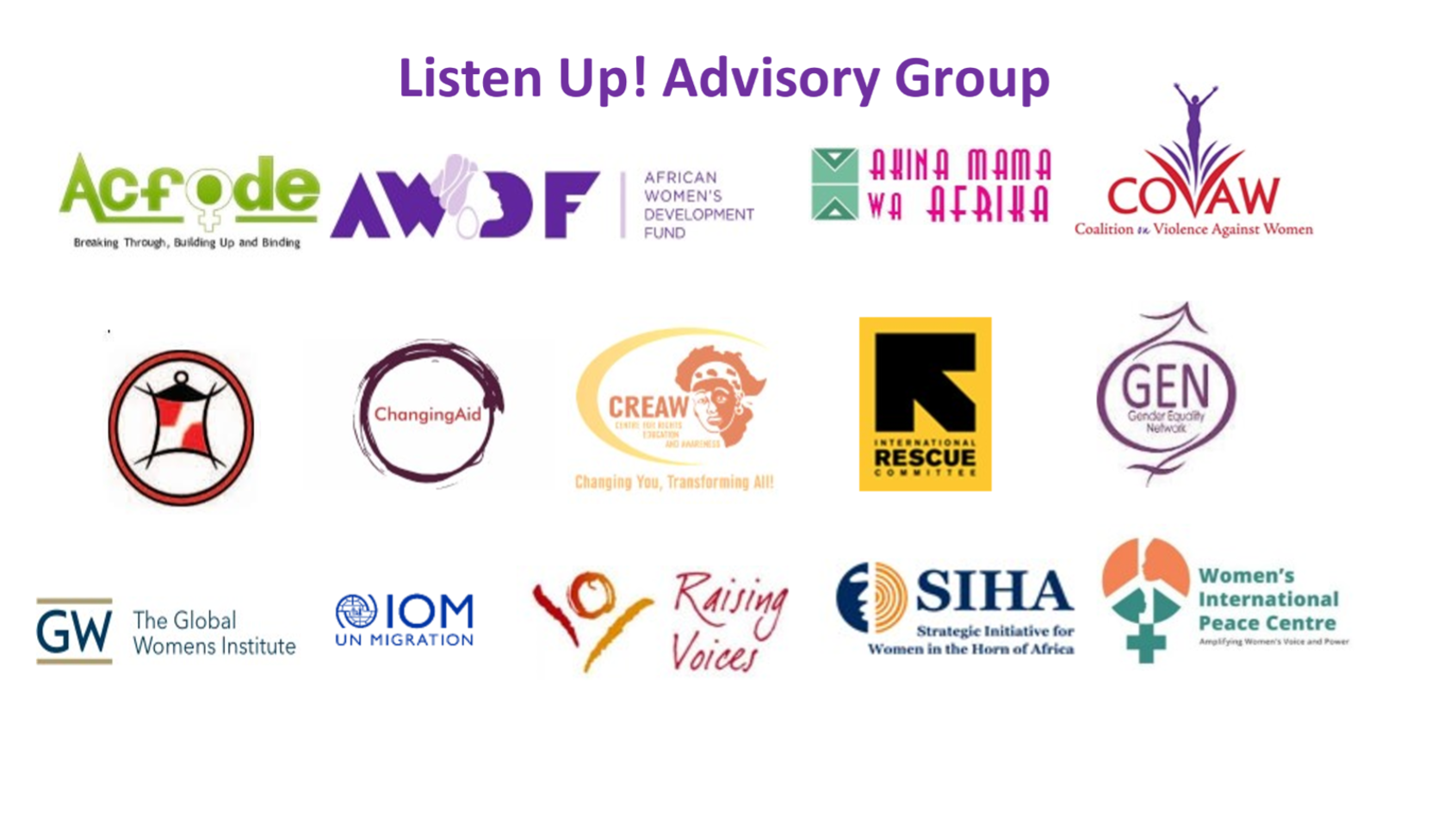
The Listen Up! Advisory group members, and IRC project team members, consultatively developed the Listen Up! THEORY OF CHANGE and at the start of the project. The project works towards the theory of change that aims at having women and girls affected by crisis and women at work in emergencies pursue their potential, free from violence and inequality.
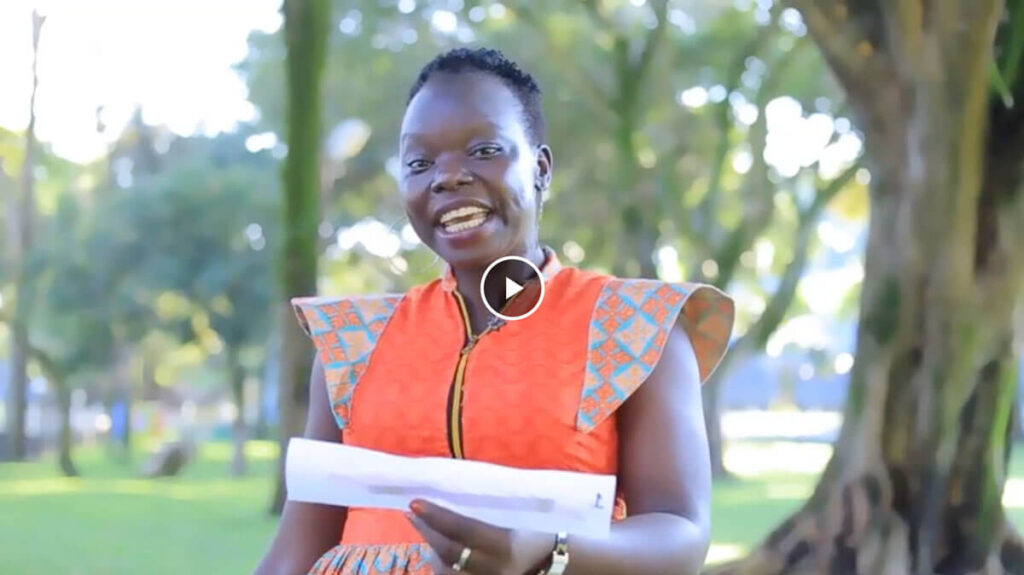
The Listen Up! Barometer is designed to create a rapid assessment of strengths and weaknesses of a humanitarian response for women and girls to create recommendations for advocacy. Specifically, the Barometer can serve as an advocacy tool for women’s groups, organizations and networks, and other GBV actors, to hold those responsible for humanitarian responses accountable to women and girls.
The IRC and RAISING VOICES have adapted a curriculum for organizational transformation that promotes gender equality and zero tolerance for sexual harassment, exploitation and abuse. The curriculum builds upon Raising Voices’ transformative GET MOVING! CURRICULUM, which launched in 2010 and has been used by over 30 organizations around the world. Get Moving! has been adapted by the Listen Up! project to address the unique concerns of humanitarian agencies working to address SH & SEA. The adapted curriculum combines Raising Voices’ feminist, values-driven approach with the IRC’s learning on organizational change for gender equality, as well as new approaches that were first tested in schools, universities, and government institutions in the United States and that promote active bystandership, respect in the workplace and male accountability. Get Moving! to Prevent Sexual Harassment & Sexual Exploitation and Abuse is a powerful internal organizational change process designed to support humanitarian agencies working to prevent sexual harassment and sexual exploitation and abuse. Covering eight provocative topics, it aims to accelerate knowledge, violence prevention and values alignment on rights, safety and gender equality within organizations. Considering the COVID-19 pandemic and need for virtual training, the Facilitator’s Guides are available: in-person and online modalities.
The RE-ENGAGE Project aims to leverage existing coordination mechanisms and networks to engage diverse GBV actors, with a focus on Women-Led and Women’s Rights actors, to learn about and use the GBVAOR’s Minimum Standards to improve quality programming in their context. This project is funded by the United States Agency for International Development, Bureau for Humanitarian Assistance (BHA) and aims to achieve the following objectives:
GBV Minimum Standards Roll Out with Women-led and Women’s Rights GBV Actors Project Learning Brief is Available in Arabic, English, French and Spanish
Gender-based violence is a horrifying reality and human rights violation for women and girls globally. During emergencies, the risk of violence, exploitation, and abuse is heightened. Humanitarian actors have an ethical imperative to prevent and respond to gender-based violence.
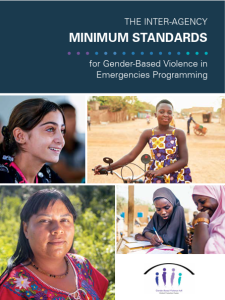
The INTER-AGENCY MINIMUM STANDARDS FOR GENDER-BASED VIOLENCE IN EMERGENCIES PROGRAMMING presents the 16 Minimum Standards for the prevention of and response to gender-based violence in emergencies. As a whole, the 16 Minimum Standards define what agencies working on specialized gender-based violence programming needs to achieve to prevent and respond to gender-based violence and deliver multisectoral services. The objective of the Minimum Standards is to establish a common understanding of what constitutes minimum prevention and response programming in emergencies. Each Standard represents a common agreement on what needs to be achieved for adequate quality of that specific programmatic element. The standards are universal; they are relevant to all emergency contexts.
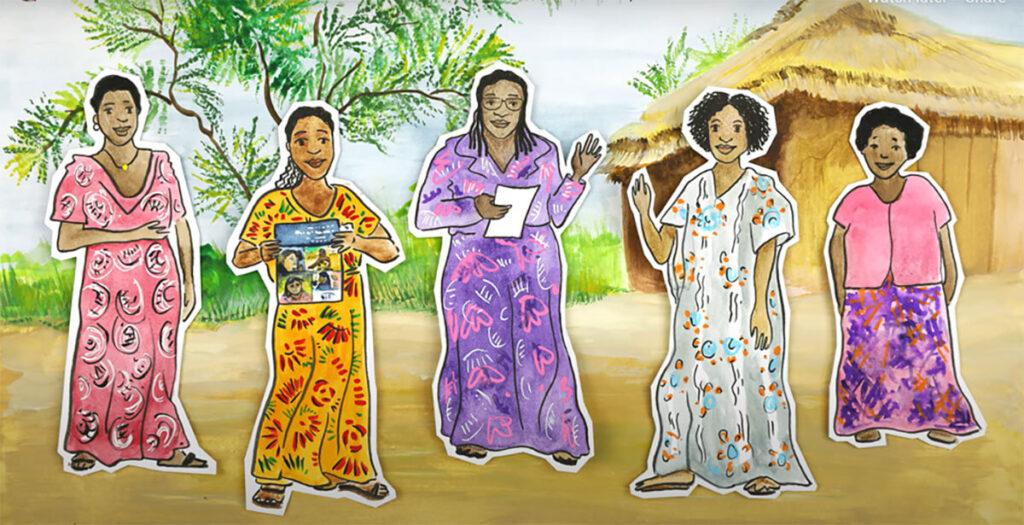
This mobile app is a pocket-size version of the Inter-Agency Minimum Standards for Gender-Based Violence in Emergencies Programming. It hosts the same content but in an easy-to-read format.
This is a FICTIONAL PODCAST SERIES hosted on the Women’s Protection and Empowerment podcast that follows the lives of Dalia, Esther, and Ashanti, three women working at a national women’s rights organization. Listen to their journey as they learn about and apply the sixteen minimum standards. The podcast series comprises 17 short episodes meant to be listened to in group settings, along with a discussion guide.
This discussion guide is designed to support facilitators and group leaders on how to convene members of grassroots, national, or international women’s rights organizations and GBV response practitioners to learn about the Inter-Agency GBV Minimum Standards in Emergencies Programming, using the GBV Minimum Standards Podcast Mini-Series.
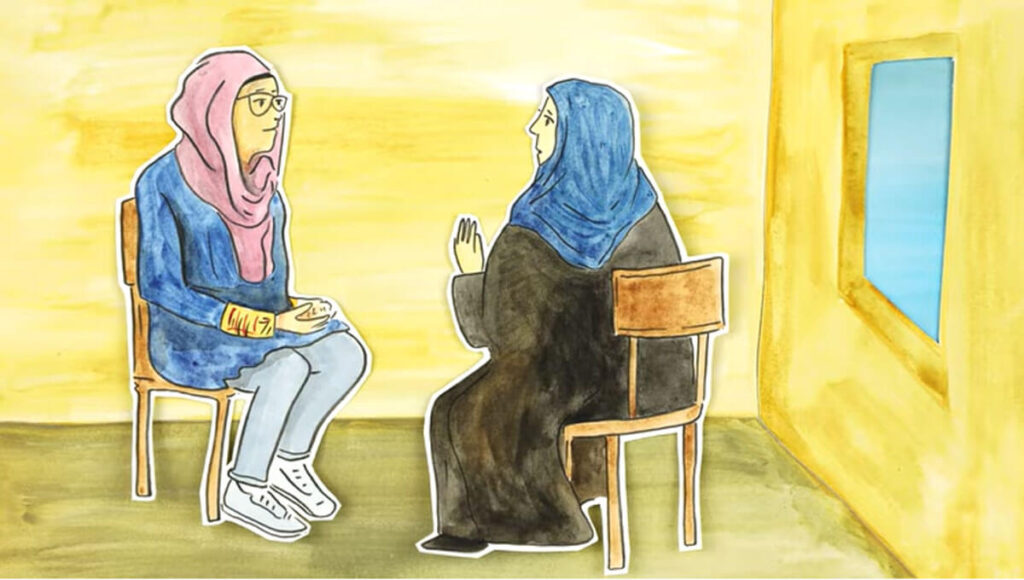
The training has been designed for GBV practitioners to learn more about the Inter-Agency Minimum Standards for Gender-Based Violence in Emergencies Programming. This resource presents 16 Minimum Standards for the prevention of and response to gender-based violence in emergencies. The training has been designed for GBV practitioners in emergency settings who intend to set up GBV programming in their area of operation or are already implementing GBV services but want to refresh their knowledge of the Minimum Standards for GBV in emergency programming. It includes quizzes, videos, and other interactive elements. E-Learning provides a way for learners to explore the sixteen standards. Available now in ENGLISH, SPANISH, FRENCH, and ARABIC.
